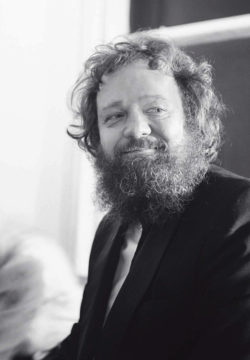Adam Kirsch in Harvard Magazine:
 WHEN POETS DIE YOUNG, youthfulness comes to seem like the essence of their work, the thing they were born to write about. If John Keats hadn’t died at 25 of tuberculosis, he might have gone on to write great poems about marriage, parenthood, and middle age; since he never got the chance, he is forever a poet of adolescent exuberance and melancholy, of ambitions and dreams. Some of the best-loved poets in English have been doomed to eternal youth, from Thomas Chatterton in the eighteenth century to Sylvia Plath in the twentieth.
WHEN POETS DIE YOUNG, youthfulness comes to seem like the essence of their work, the thing they were born to write about. If John Keats hadn’t died at 25 of tuberculosis, he might have gone on to write great poems about marriage, parenthood, and middle age; since he never got the chance, he is forever a poet of adolescent exuberance and melancholy, of ambitions and dreams. Some of the best-loved poets in English have been doomed to eternal youth, from Thomas Chatterton in the eighteenth century to Sylvia Plath in the twentieth.
Donald Hall ’51, who died in 2018 a few months shy of 90, was one of the rare poets with the opposite destiny: he was born to write about aging and being old. The earliest poem he chose to include in The Selected Poems of Donald Hall, “My Son, My Executioner,” is about how becoming a parent brings old age closer, even for parents as young as Hall and his first wife, Kirby: “We twenty-five and twenty-two,/Who seemed to live forever,/Observe enduring life in you/And start to die together.” In one of the last poems in the book, Affirmation, Hall wrote about that journey from the other end: “To grow old is to lose everything./Aging, everybody knows it.”
More here.
